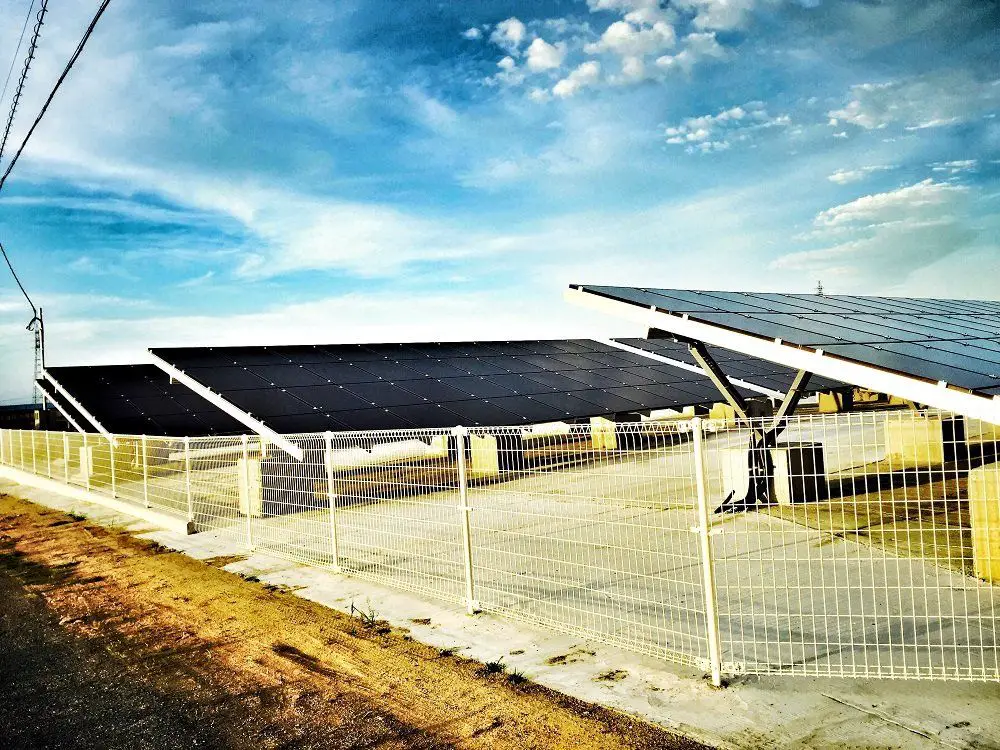Whether you have or haven't, it's wise to know what makes a residential solar panel system tick – after all, they are around everywhere. So whether or not you're interested in installing panels on your roof deck or if you prefer to keep your panels private for now, we suggest going for a walk around the block this weekend and getting up close and personal with someone else's array!
To ensure whatever you will fulfill your energy demands, you need to make sure the solar panel packages being considered will meet your daily energy requirements. Here's what you need to know before making plans for photovoltaic installation.
Solar Panel Dimensions
Residential solar panels can range in size depending on the manufacturer, but there is no definitive standard. However, they are usually smaller than commercial units at 66 inches by 39 inches instead of 78 inches by 39 inches.
The size of the system that you install depends on the purpose that it serves. If you're considering solar panels for your home, you'll want to use a smaller set of these systems to fit the available space. Because, naturally, residential installations are smaller than installations intended mainly for commercial projects like schools and offices, which tend to cover a larger area in one go.
Solar Panel Weight
Roof analysis is an essential part of any solar panel installation. Roof analysis must take into account the effects of wind loads, snow loads, and roof pitch, as well as roof elements and roof assembly types. The weight of panels must be accounted for as it most definitely plays a significant factor in the supporting structure's final design. Even though all energy-saving kits weigh roughly 40 lbs per module, brand-to-brand variations exist–mainly due to their unique technology and slight variances from manufacturing methods or materials used.
The weight of residential solar panels varies greatly depending on their size and composition, but they are generally very lightweight, with individual cells weighing between 33 to 50 pounds. Make sure to ask your professional contractor about the specific weight of the photovoltaic modules they use when planning your project!
Can Your Rooftop Support Solar Packages?
When determining whether your roof is structurally sound enough to support the solar panels that will power your Idaho home, you must consider total weight, including the photovoltaic panels, mounting racks, and the other equipment required.
According to a resource, a source of valuable and authoritative information that draws on experts and primary research located worldwide, an online information marketplace for people interested in alternative energy sources, the typical weight load of a residential solar array is about 3 to 4 pounds per square foot. Most rooftops are designed to support at least five times that weight, but not all are suited for photovoltaic installation.
Just because a homeowner is interested in creating their electricity doesn't mean solar panels will work for every home. It depends on how old your roof is and whether or not it supports adequate structural integrity for the array to rest securely on top, otherwise running the risk of damaging either your roof or installation materials, money down the drain!
You'll need to have a professional roofer inspect the surface to know for sure. Or, you could call Accord Electrical.
Source URL: https://www.accordelectrical.com.au/






